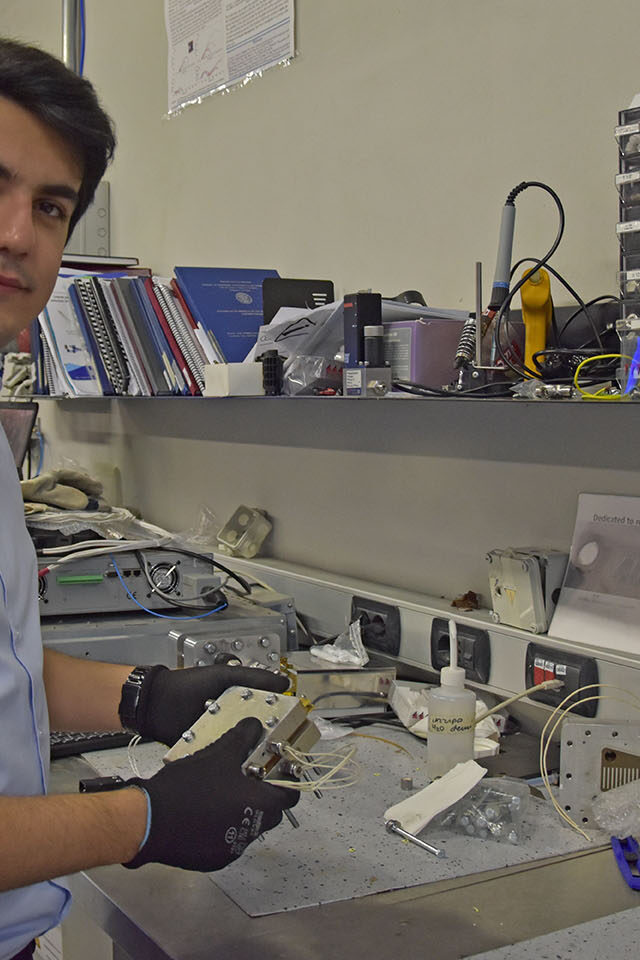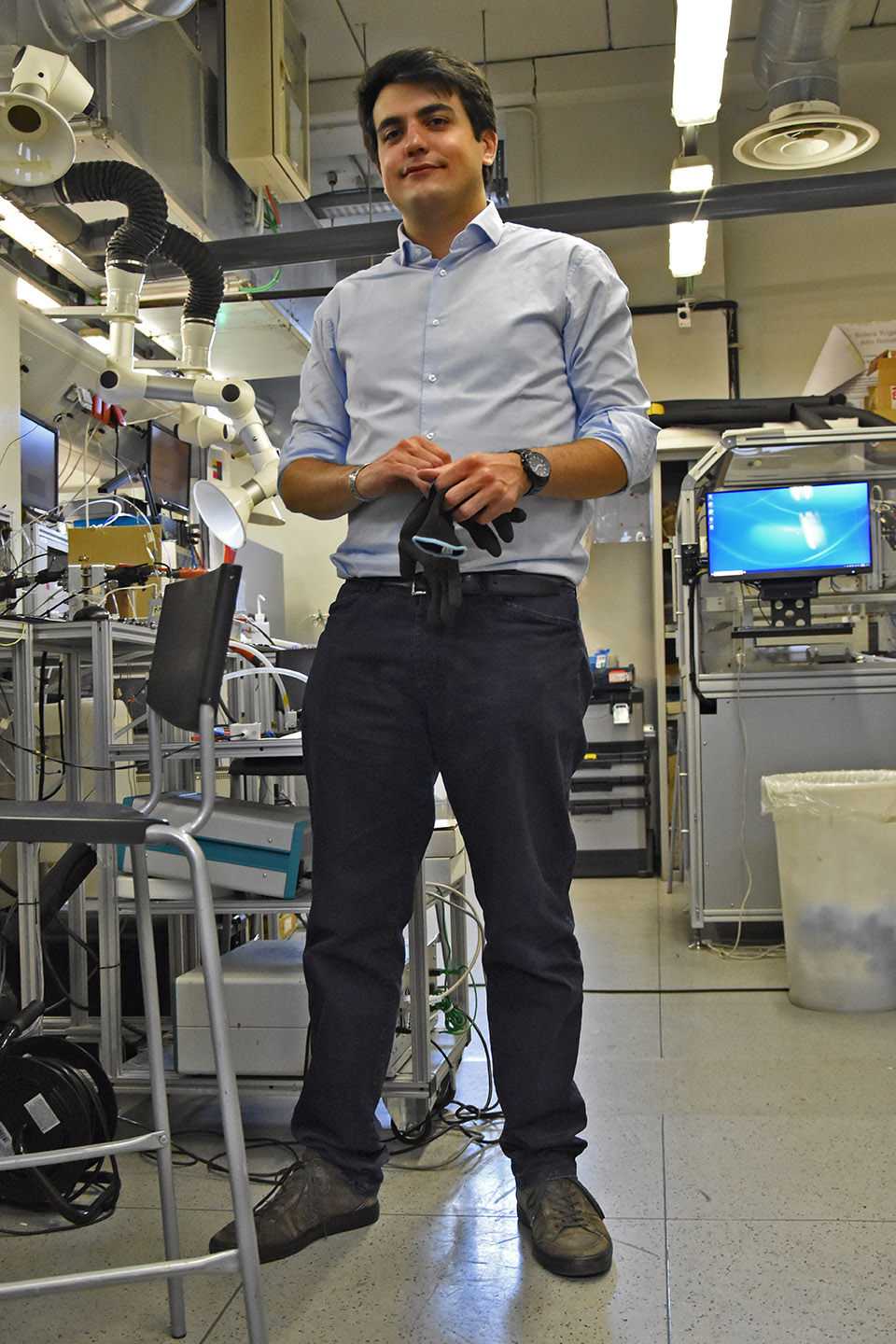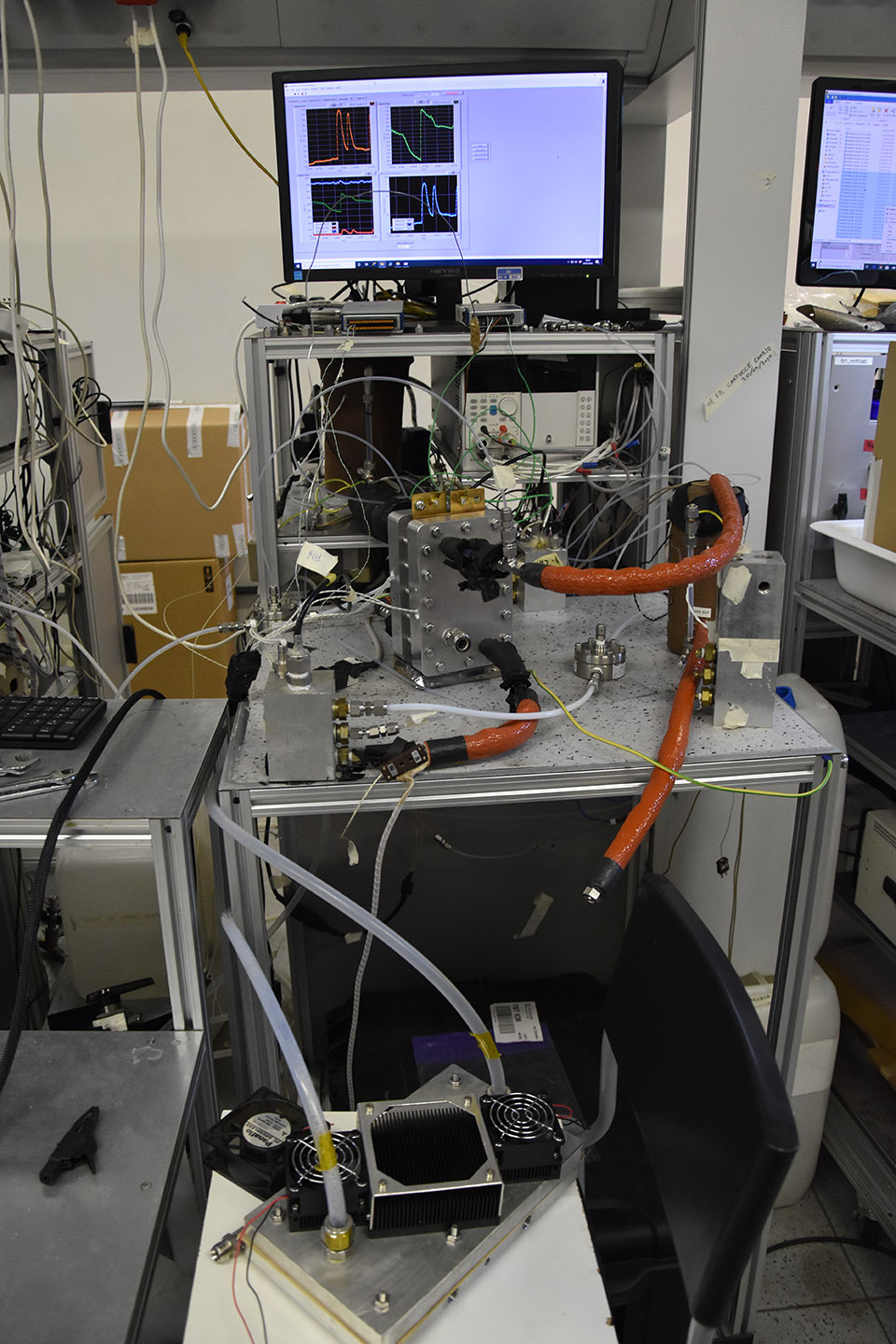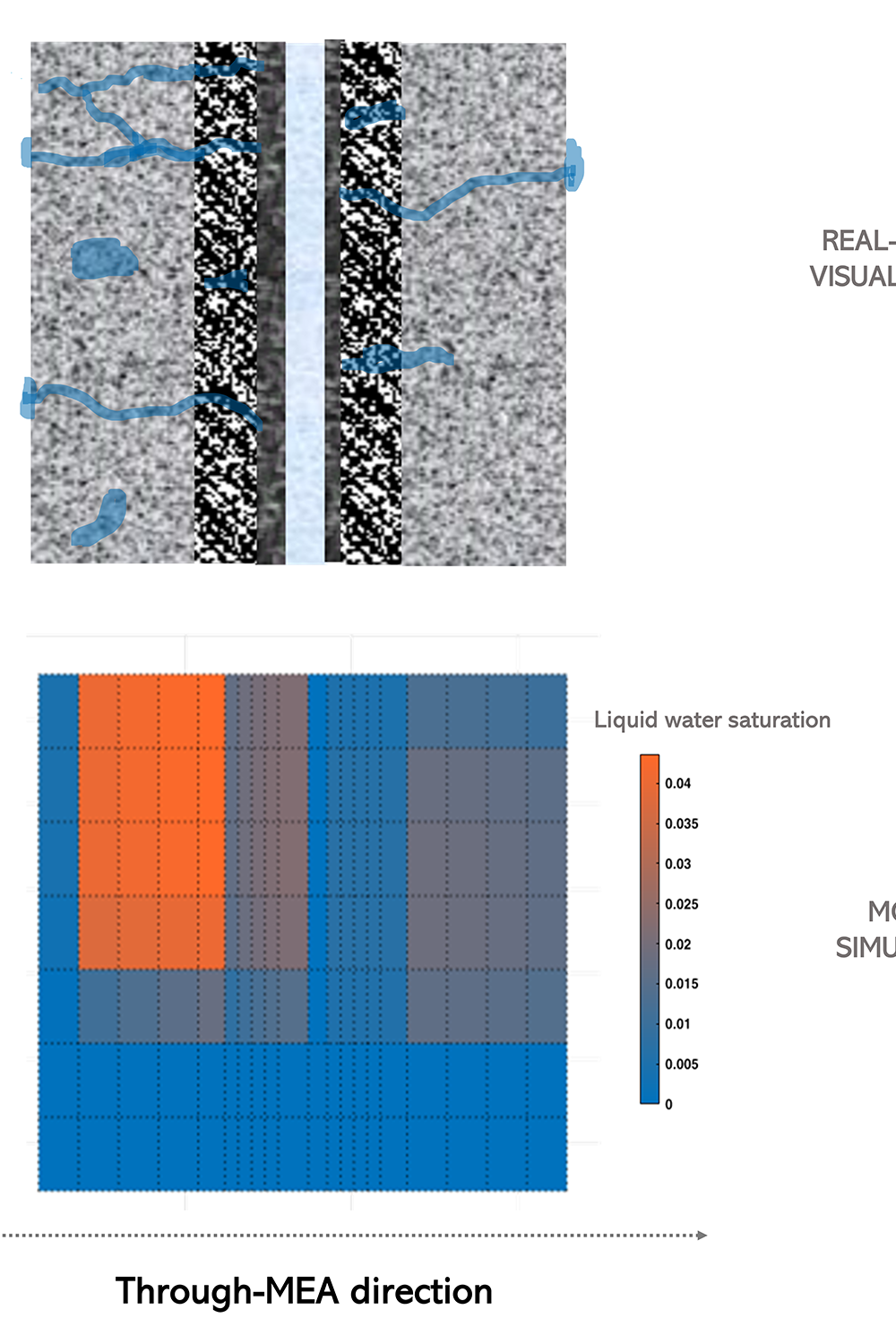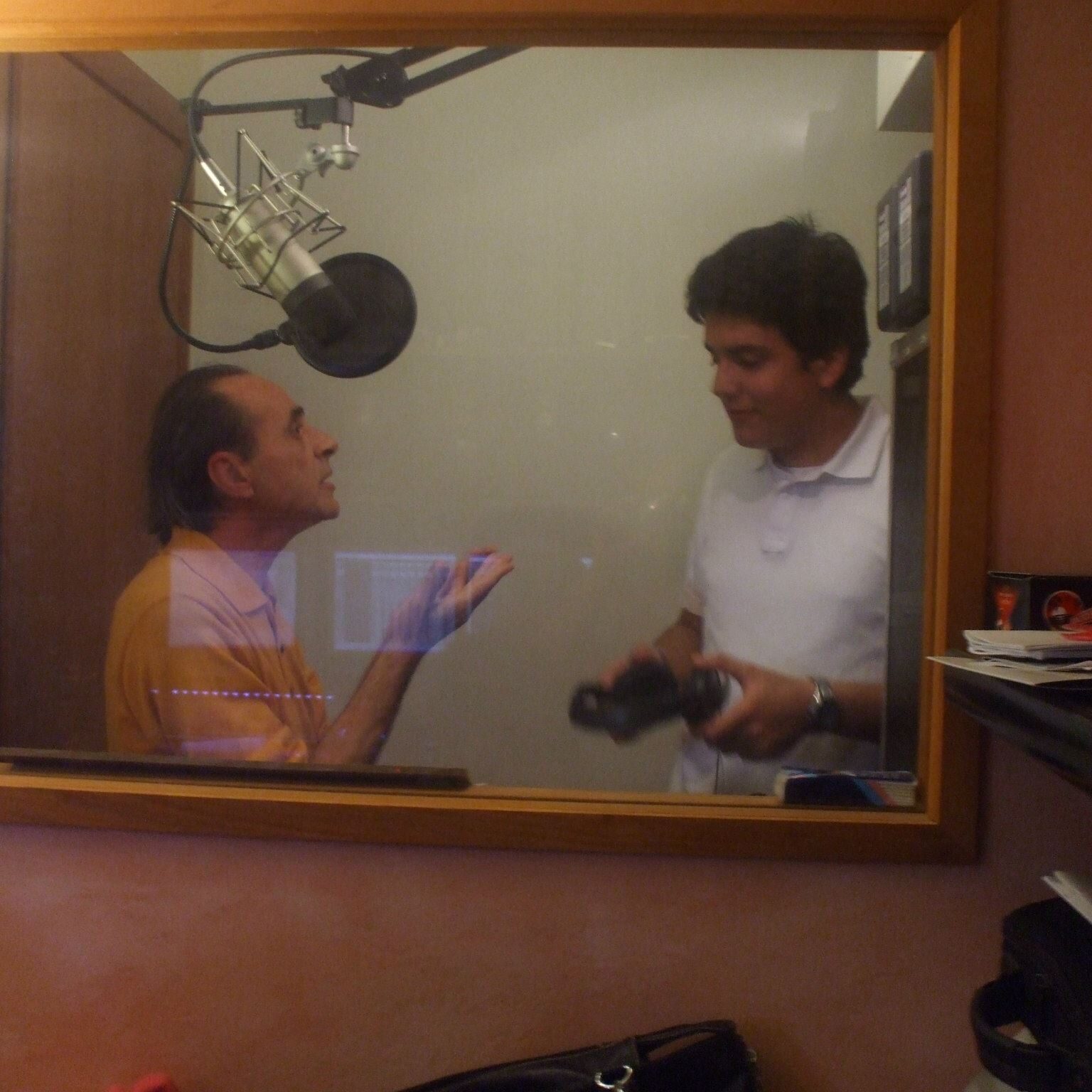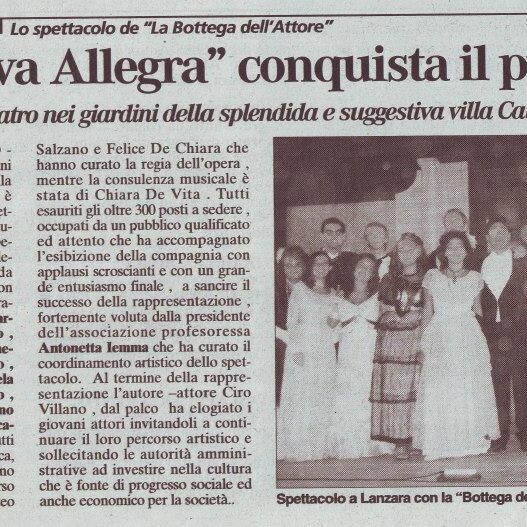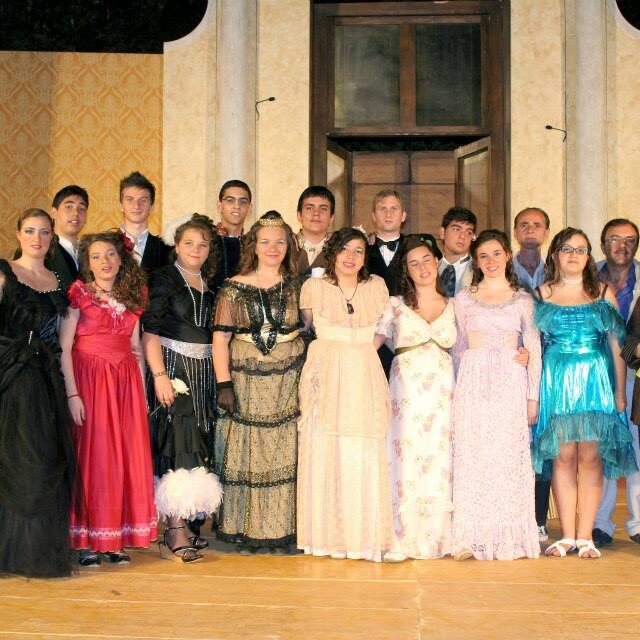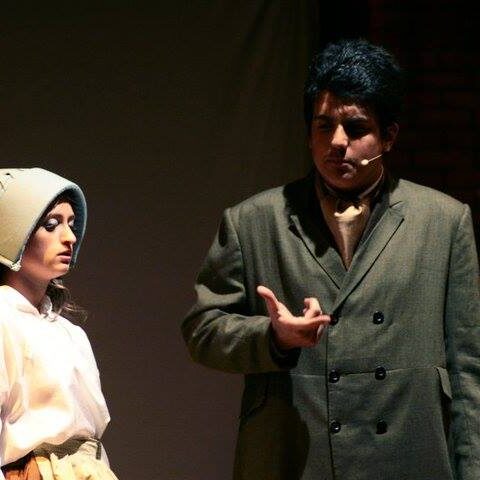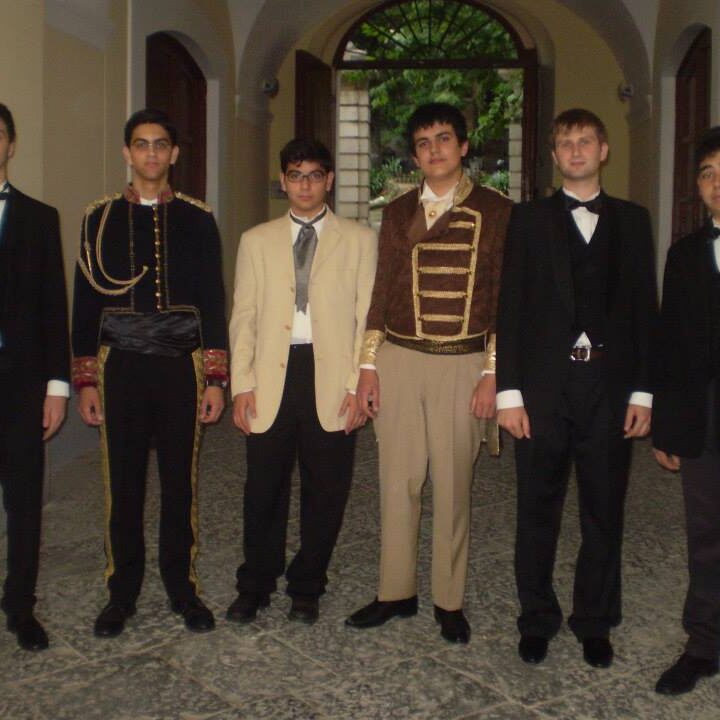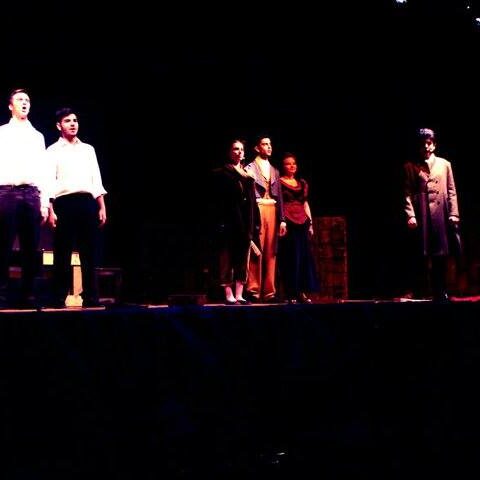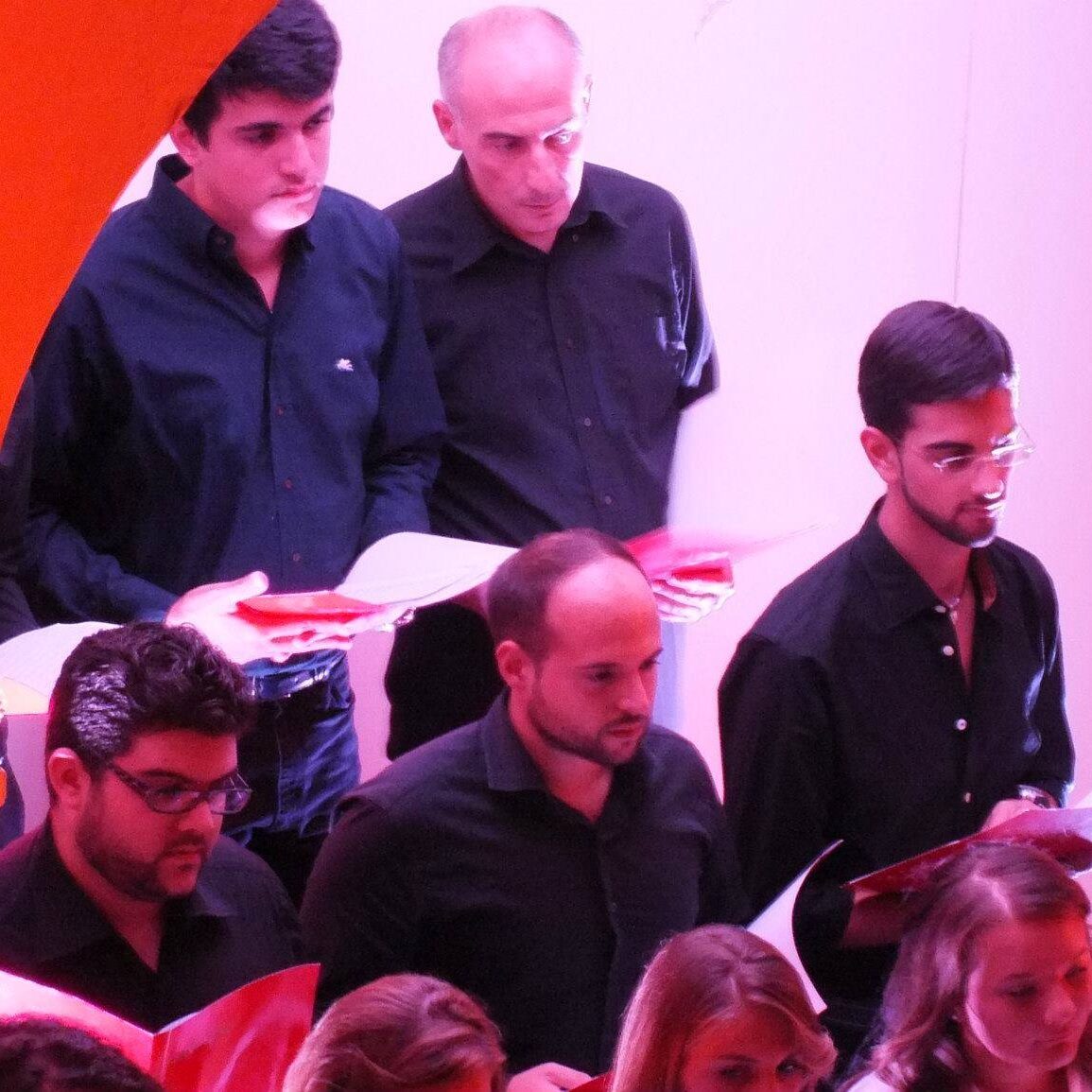Meeting challenges of hydrogen mobility
Amedeo Grimaldi
- Thesis title: Innovative design, modelling and control of a flexible fuel cell system for transport sector
- PhD Tesi Supervisors: Stefano De Antonellis, Andrea Baricci
- Phd: STEN, 35° cycle (starting year 2019)
- M. Sc: 2018, Energy Engineering, (Power Production), Politecnico di Milano
- B. Sc: 2015, Energy Engineering, Politecnico di Milano
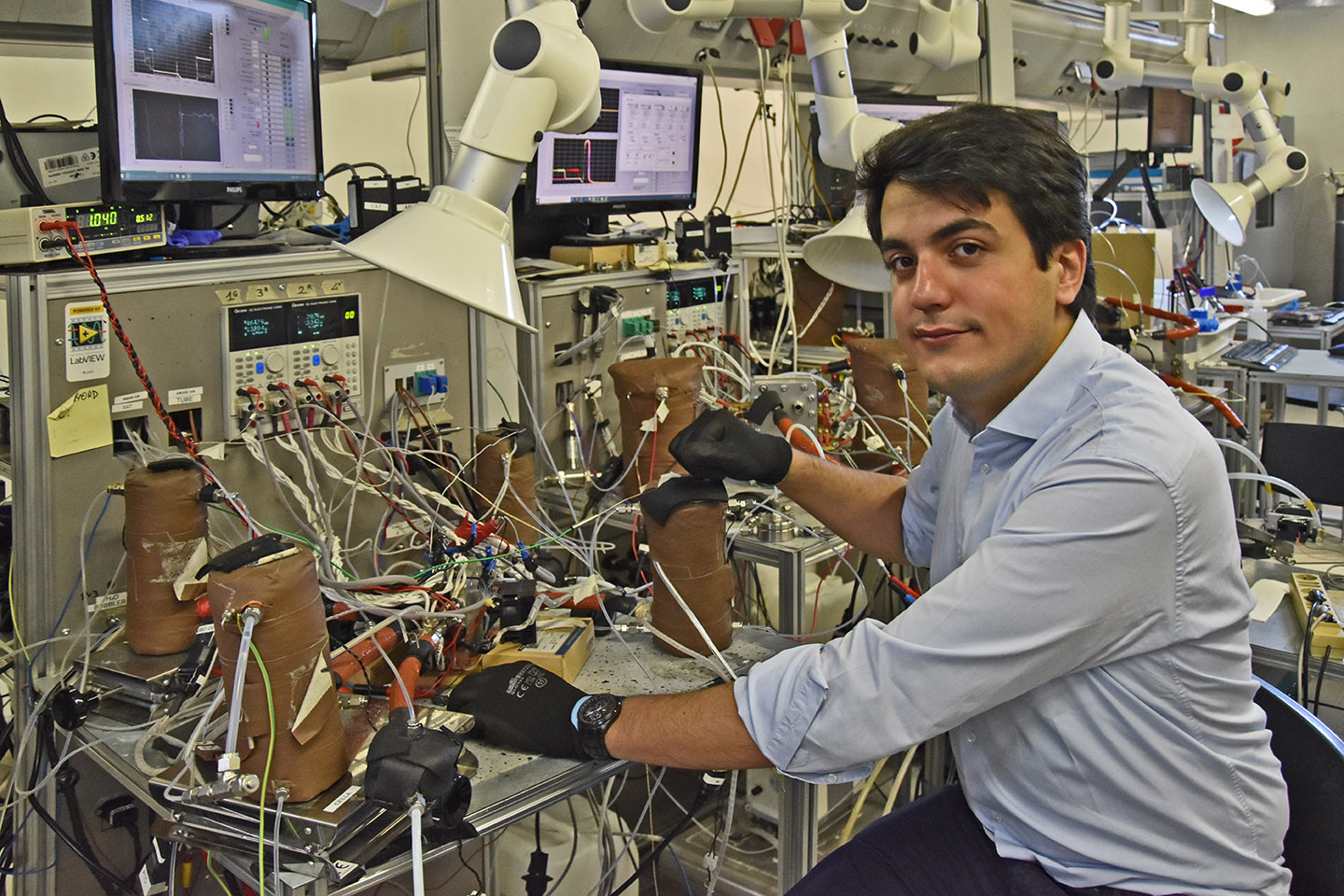
Tell us something to introduce yourself
I’m Amedeo Grimaldi, a genuine guy from Southern Italy. I bring with me, everywhere I go, the most beautiful aspects of my birthplace and my culture (cuisine, songs, dialect,…), also here in Milano. Jokes aside, I got formed in Salerno and I’m proud of my origin. Now, I have been living in Milano since 2012, and I’m really thankful for all the possibilities to improve I got here, for what concerns university, work and personal life.
Tell us about your research
My PhD project was born from the collaboration of two research groups of the Department of Energy, here in Polimi, the MRT Fuel Cell & Battery LAB and the Air LAB, and it is part of those PhD projects, funded by the Energy for Motion initiative, that favors and funds projects for the development of sustainable mobility. My research is specifically devoted to the modelling and experimental analysis of new types of vehicles, based on PEM fuel cell system. PEM fuel cells are specific energy conversion devices, that let to convert the energy of hydrogen electrochemically to electrical energy, thus to be exploited into an electric motor, with only one by-product, i.e. water. In order to function efficiently and to guarantee a higher durability, operating conditions of fuel cell stack needs to be kept inside a defined operational window, thanks to the balance of plant, made up of several other components. I’m working on developing a system model to simulate the behavior of the whole integrated system, as it performs a driving cycle, and to understand which are the real operating conditions that stack materials are facing during operation. On the other side, optimal hydration of reactants, air and hydrogen, must not to be underestimated for long-life and optimal operation of the system. Thus, I’m also focusing on developing a component that, together with particular control strategies, lets to humidify reactants in an efficient manner, recovering water generated by fuel cell itself.
What aspect of your work is most exciting you right now?
The continuous innovation of the hydrogen sector, in particular of PEM fuel cells, is what excites me most now. Everyday, you can find out new scientific articles, that provide further knowledge and ideas to proceed with my research, as well as newspaper articles, that enlighten new scenarios for mobility sector. Moreover, there is a growing interest from industries in acquiring knowledge about them and it’s really stimulating to see that your work, though to a very small extent, could be useful to further progress in the direction of making the mobility sector more sustainable.
Why did you choose to start this experience and why did you choose Polimi?
Right after my graduation, I had the opportunity to get one-year research fellowship, at MRT Fuel Cell & Battery LAB, where I also had worked on my master thesis. As you may have understood, I was already interested in fuel cell technology. Thanks to this experience, I got more and more in touch with the research life and methodologies and its bent to be multiskilling. What I saw by working alongside with all the staff, was that you are never called to perform the same activity. Actually, during the research activity, mainly if including also experimental testing, you need to acquire knowledge and skills from different disciplines, as electronics, programming, hydraulics, statistics, etc. At the same time, it helps you to develop further your critical capacity. Thus, I got convinced to start PhD because I wanted to increase my research skills, as well as to get further knowledge into this research field, and Polimi, with its highly-skilled academic and technical staff and its labs, was the right place to do it.
How would you describe this period of your life with three adjectives?
For sure, the first adjective would be challenging. Every day, performing research activity, you bump into new stuff and tackle with some problems, that you need to find a way to solve. Thus, the second adjective is creative. Sometimes, you have to do with hydraulic stuff, sometimes you need skills into molecular chemistry, sometimes with very harsh mathematical problem and some other times with artistic and communicative stuff, etc. The last adjective that I can mention to sum up this period of my life could be cooperative. You must rely on the help of your colleagues and supervisors to face all the obstacles you can find, because, as I’ve always been told, you can’t be expert on everything.
What do you hope to do after the end of PhD?
I’m still keeping impartial about career options in both industry or academia. What I hope, however, is to keep on working in the sustainable mobility sector, trying to give my contribution towards energy transition.
Which advice would you give to new engineers that are pondering about PhD in Polimi?
There are lots of common misconceptions about PhD. Don’t let them cloud your judgement about PhD. Actually, if you are interested in a specific research area, talk to professors or other PhD students, come and visit us here in the department of Energy. Actually, PhD, here at Polimi, in particular at the Department of Energy, gives you the opportunity to acquire high-level knowledge of what you enjoy most. Thanks to its international collaborations, here at the Department of Energy, I got the possibility to receive advices from those top scientist I consider the pillars of my research sector. In the end, if you are pondering about PhD, don’t lose the opportunity to become one of the most competent people in what you will study.
Tell me something surprising about yourself.
I love cinema, theatre and opera. I have been an amateur in all those three fields, mainly in theatre. But, together my friends, when I was in Salerno, we co-produced and played as actors in a film. Actually, we were not so good at acting in front of a camera, but we enjoyed it a lot. You can find the trailer of the film somewhere, but I’ll keep the name a secret.
